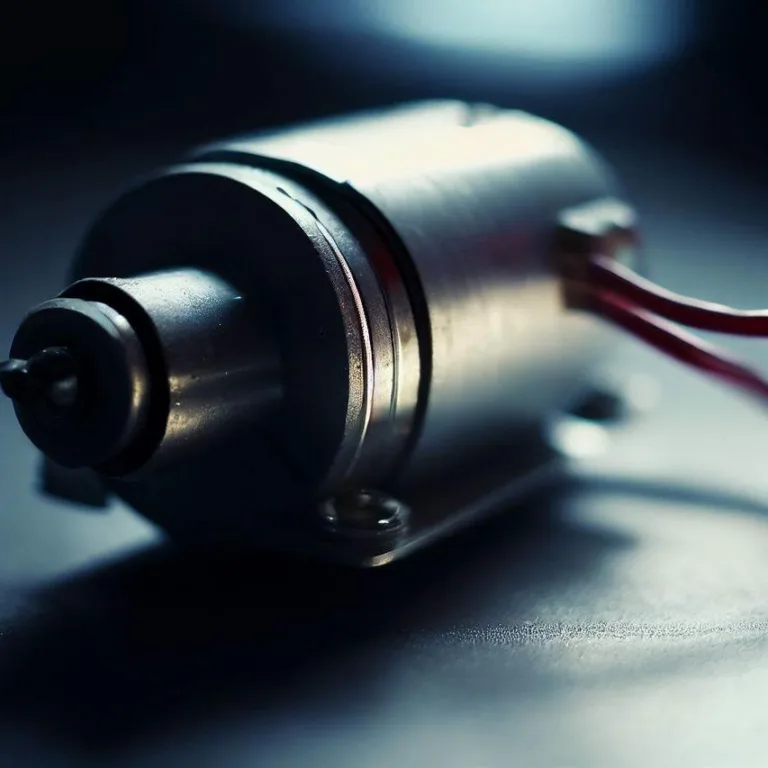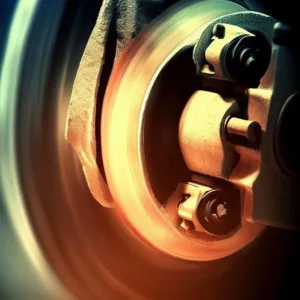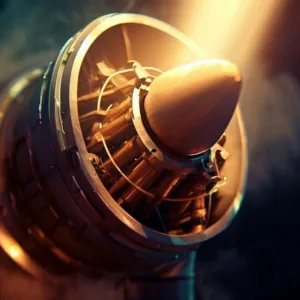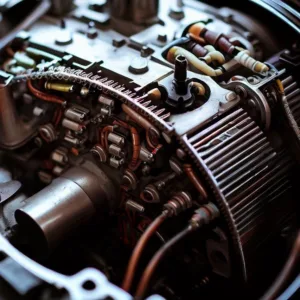Welcome to our comprehensive guide on DC motors operating at 12 volts! In this article, we will explore the fascinating world of 12V DC motors, their applications, benefits, and how they function. Whether you’re a DIY enthusiast, an engineer, or just curious about the inner workings of these versatile motors, you’ve come to the right place. Let’s dive in and uncover the secrets behind these compact powerhouses.
Understanding DC Motors at 12 Volts
Direct current (DC) motors are electromechanical devices that convert electrical energy into mechanical motion. A 12V DC motor, as the name suggests, operates using a 12-volt power supply. This voltage range makes them ideal for a wide range of applications due to their efficiency, compact size, and ease of use.
DC motors operate on the principle of electromagnetic induction. When current flows through a coil placed within a magnetic field, a force is generated, causing the motor’s rotor to turn. The direction of rotation can be controlled by reversing the polarity of the voltage applied to the motor.
Applications of 12V DC Motors
The versatility of 12V DC motors makes them invaluable across various industries and hobbies:
- Automotive: 12V DC motors power a range of vehicle components, including power windows, windshield wipers, and fans.
- Robotics: These motors find use in robotic platforms, controlling movement and various mechanisms.
- DIY Projects: Enthusiasts use 12V DC motors to create everything from small gadgets to complex home automation systems.
- Aerospace: Despite their compact size, 12V DC motors play crucial roles in aviation systems.
Benefits of 12V DC Motors
Opting for 12V DC motors comes with several advantages:
- Efficiency: DC motors are known for their efficiency in converting electrical energy into mechanical work.
- Compact Size: Their small form factor allows for integration into tight spaces without compromising performance.
- Easy Speed Control: With simple voltage adjustments, you can easily control the speed of a 12V DC motor.
- Reliability: These motors are built to be durable and reliable, requiring minimal maintenance.
FAQs
1. Can I run a 12V DC motor on a higher voltage?
It’s generally not recommended to exceed the voltage specified for a motor, as it can lead to overheating and damage. Stick to the recommended voltage for optimal performance and longevity.
2. How do I reverse the direction of a 12V DC motor?
You can reverse the motor’s direction by switching the polarity of the applied voltage. This can be done using a DPDT (double-pole, double-throw) switch or an H-bridge circuit.
3. Are 12V DC motors suitable for heavy-duty applications?
While 12V DC motors have their limitations, they can still handle certain heavy-duty tasks. It’s essential to choose a motor with the appropriate specifications for your specific application.
4. Can I control the speed of a 12V DC motor?
Yes, you can control the speed of a 12V DC motor by adjusting the voltage applied to it. Using a motor controller or a pulse-width modulation (PWM) circuit allows for precise speed control.
With this comprehensive guide, you now have a solid understanding of the capabilities and applications of 12V DC motors. Whether you’re tinkering with DIY projects or working on professional applications, these versatile motors can power your innovations with efficiency and reliability.
Pozri tiež:






